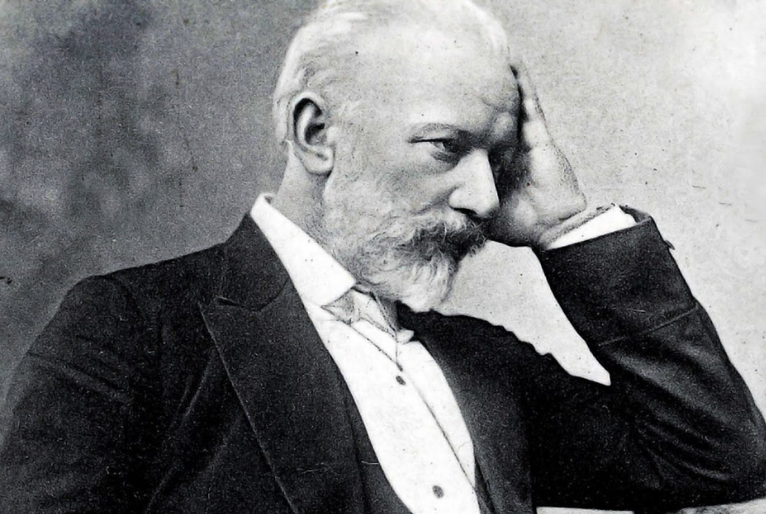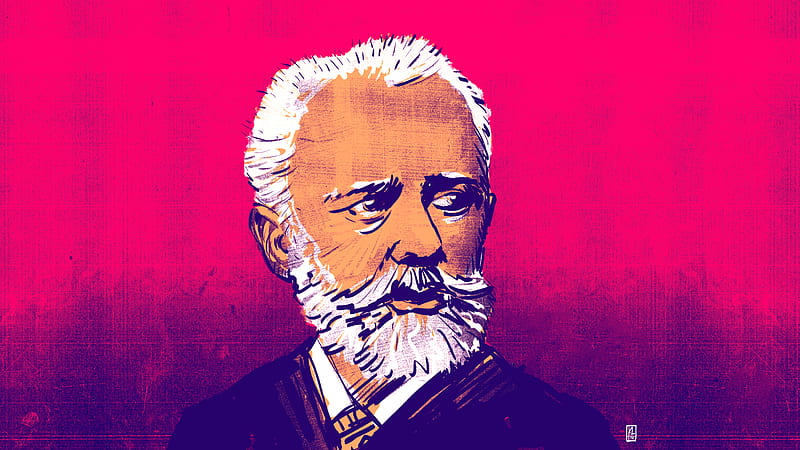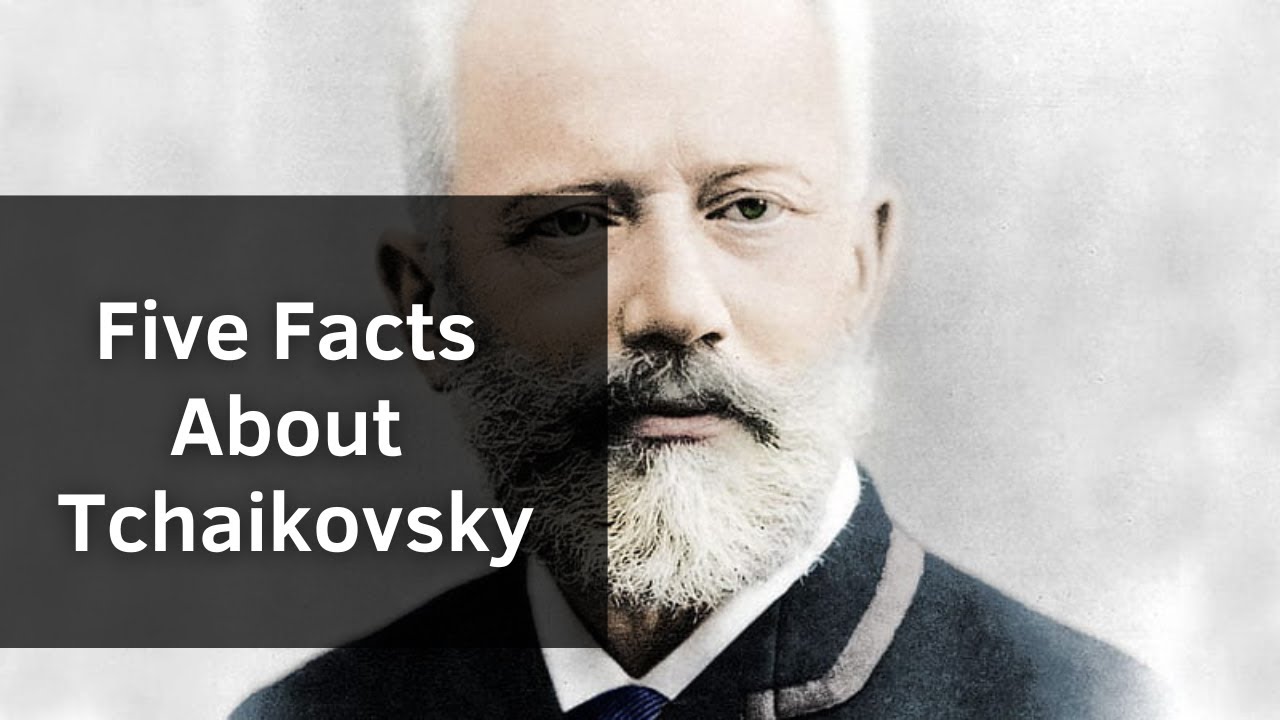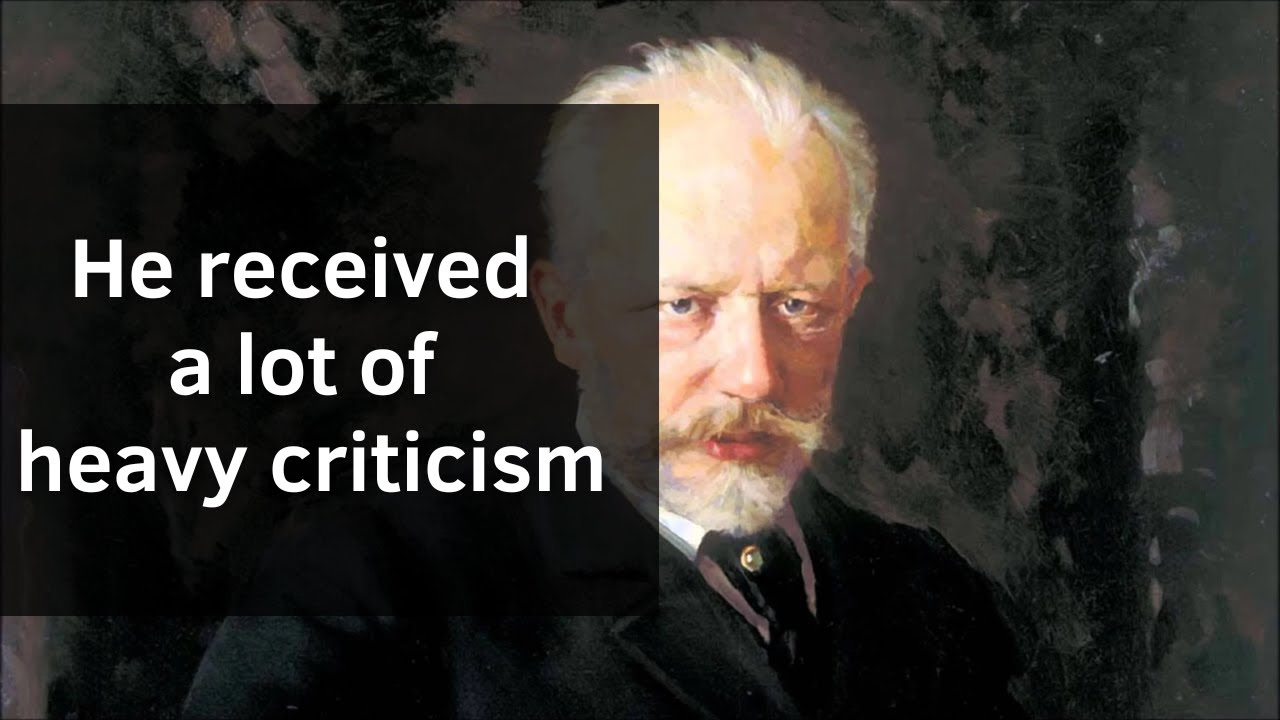
7 Facts About Tchaikovsky You Didn’t Know
Pyotr Ilyich Tchaikovsky was one of the most influential composers of the Romantic era. His music is widely admired for its expressive melodies, rich orchestration,[…]

Pyotr Ilyich Tchaikovsky: A Musical Genius
Pyotr Ilyich Tchaikovsky was one of the most influential and popular composers of the Romantic era. He was born on May 7, 1840, in Votkinsk,[…]

The Story Behind “The Nutcracker” by Tchaikovsky
The Story Behind “The Nutcracker” by Tchaikovsky The story of The Nutcracker is loosely based on the E.T.A. Hoffmann fantasy story The Nutcracker and the Mouse[…]

Tchaikovsky – Short Biography
Tchaikovsky – Short Biography Pyotr Ilyich Tchaikovsky (7 May 1840 – 6 November 1893) was a Russian composer of the Romantic period. He was the first[…]

Five Facts You Didn’t Know About Tchaikovsky
Five Facts You Didn’t Know About Tchaikovsky 1. Tchaikovsky was born in Vostkinsk, a small town in Udmurt Republic, Russia. He began piano lessons at the[…]

Why did Tchaikovsky’s compositions receive heavy criticism?
Why did Tchaikovsky’s compositions receive heavy criticism? Critical reception to Tchaikovsky’s music was varied but also improved over time. Even after 1880, some inside Russia held[…]

Tchaikovsky – The Seasons, Op. 37a – X. October – Music | History
The Seasons, Op. 37a (also seen as Op. 37b; Russian: Времена года; published with the French title Les Saisons), is a set of twelve short[…]

Tchaikovsky – Concerto No. 2 in G Op. 44 – Music | History
Tchaikovsky – Concerto No. 2 in G Op. 44 – Music | History Pyotr Ilyich Tchaikovsky’s Piano Concerto No. 2 in G major, Op. 44, was[…]

Tchaikovsky Biography – Music | History
Tchaikovsky Biography – Music Collection – Music | History Pyotr Tchaikovsky’s work was first publicly performed in 1865, with Johann Strauss the Younger conducting Tchaikovsky’s Characteristic[…]

Tchaikovsky – Symphony No. 4 – IV. Finale. Allegro con Fuoco – Music | History
Tchaikovsky – Symphony No. 4 in F Minor, Op. 36 – IV. Finale. Allegro con Fuoco – Music | History Pyotr Ilyich Tchaikovsky’s Symphony No. 4[…]